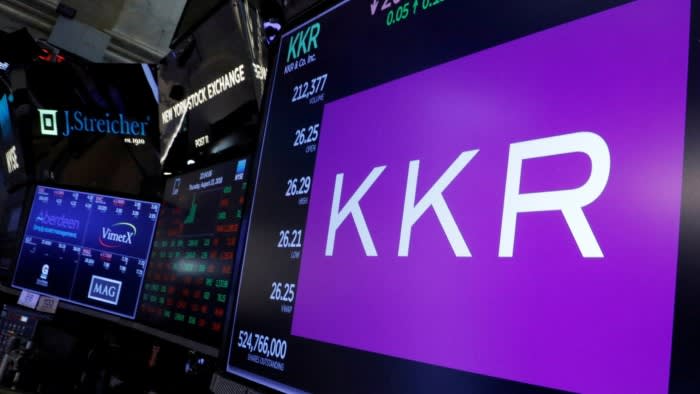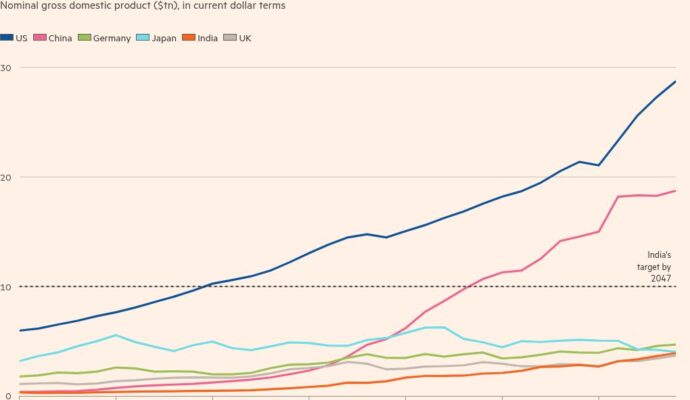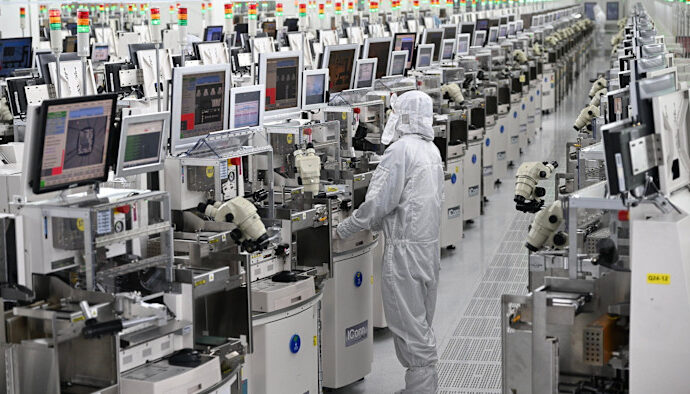
A long-awaited rise in interest rates and a number of corporate governance reforms have made Japan a major global target for private credit funds, according to one of KKR’s top executives in Asia.
Diane Raposio, who oversees both KKR’s credit and capital markets businesses in Asia, said it is focused on developing a private credit business in Japan as quickly as possible and tapping the country’s vast pool of insurance assets to make loans in yen to companies.
The US private capital group recently hired former Goldman Sachs banker Ken Murata to head up its private credit efforts in Japan and to build a team, while Blackstone, Apollo and others are also growing operations there.
Raposio sees in Japan many of the same conditions that led to a boom in private credit in the US following the global financial crisis. Corporate governance reforms, aimed at improving returns for shareholders, have led some founders to look for ways to delist. For those who do not want to sell to private equity, and with local banks hitting limits on how much they can fund, some companies are starting to look for other sources of financing for a management buyout.
“What has happened sometimes is [private equity bankers] go see the corporate or they go see the founder, and the founder says ‘I’m not really ready to give up control yet. Is there any other tool that we can have?’ And so that’s really, many years ago, led to the development of the credit business,” Raposio said in an interview in Tokyo.
“That’s definitely the playbook here in Japan,” she added.
For all that bullishness, however, KKR has not yet done a private credit deal in Japan, and Raposio said it will take some time for such financing to start flowing in the country.
“These deals will take a long time . . . If we are able to do one deal a year in the first couple of years, I think we will be doing very well,” she said. “What would be nice is if, by year three, four and five, we start to see that ramp up.”
Japan has long been a market where private credit — a term covering a wide range of non-bank lending that is not publicly traded — was not needed due to plentiful, cheap bank funding during years of negative or zero interest rates. That meant funds such as KKR had little chance of making the kinds of returns they deemed necessary to justify the risks.
But that has been changing as Japan has exited deflation, the central bank has started increasing interest rates into positive territory and foreign funds have piled into the country doing more of buyouts and building connections with companies.
“From a private credit perspective, we’ve probably only been more focused on it for really the last 12 to 18 months,” said Raposio.
Private lending in Japan has come close to taking off during that period. Funds, including KKR, tried to help finance the buyout of Seven & i Holdings by its founding family, as the convenience store group fended off a takeover bid from Canada’s Alimentation Couche-Tard.
Nissan, which is in the middle of a painful restructuring and looking to raise money quickly, has also been targeted by private credit funds, say people familiar with the matter. Nissan declined to comment.
Raposio said that, while KKR does not trade distressed debt, it would be willing to lend to performing subsidiaries or special purpose vehicles of companies that find themselves in difficulty.
She likened the Japanese market to that which faced buyout funds when they first entered the country in the early 2000s, with many companies unfamiliar with private equity and some hostile to the sector. She said firms needed to be educated about, for instance, the availability of financing for founders to purchase control of the business themselves.
When a founder wants to take a company private, the reluctance of Asian banks to offer lower-ranking debt or equity gives firms such as KKR an opportunity to take “equity upside” through warrants or options that would give it some of the benefits from any eventual sale, she added.
KKR, which says direct lending is unlikely in the near term, can also build in the ability to force a company to sell itself if certain conditions or prepayments are not met.
A major reason for the push into Japan is that it is home to one of the world’s deepest and relatively untapped pools of insurance assets — potentially “the biggest market outside of the US”, according to Raposio — which can be bought or managed by funds such as KKR. Such money is attractive to private capital firms as it tends to be long term and comes at a lower cost than other sources of funds.
Apollo, and its insurance arm Athene, has an office in Japan and KKR has a strategic alliance with Japan Post Insurance through its Global Atlantic arm.
“We’re getting yen insurance liabilities, typically 30-year liabilities,” Raposio said, adding that this capital is “looking at generating yields of probably 3 to 6 per cent in yen terms.
“That . . . gives us a much lower cost of capital, which becomes a lot more relevant in this market.”


